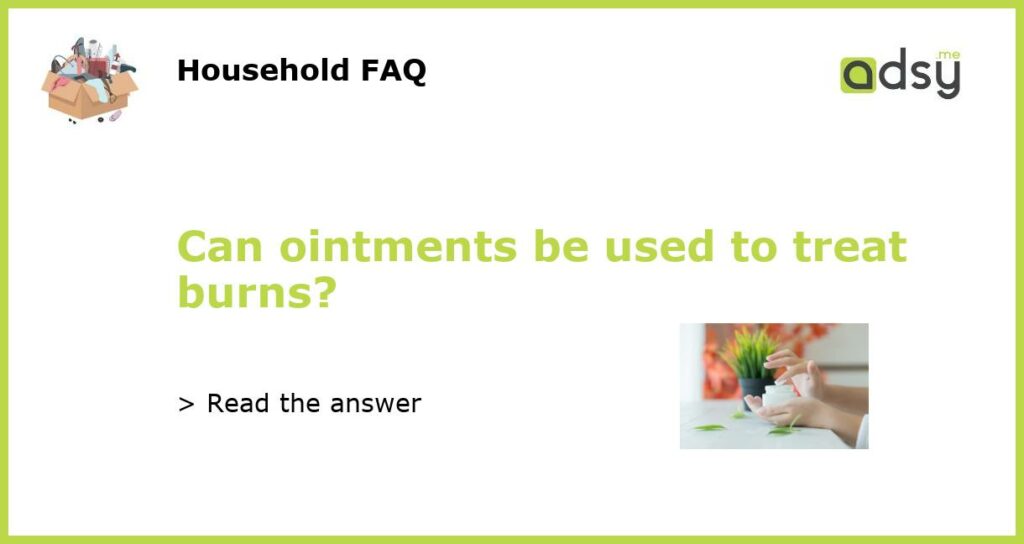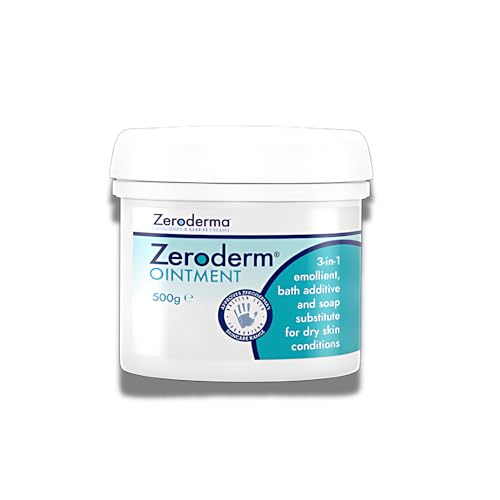Understanding the Usage of Ointments for Burns
Burns happen when the skin gets in contact with hot objects, flames, chemicals, or electricity. First-degree burns only affect the outermost layer of the skin and cause redness, pain, or swelling. But second-degree and third-degree burns can be more severe and require immediate medical care such as skin grafts, intravenous fluids, or hospitalization. One of the most common ways to manage minor burns is by applying ointments. But can ointments be used to treat burns?
The Benefits of Using Ointments for Minor Burns
According to the American Burn Association, mild burns can benefit from applying topical ointments such as bacitracin, petroleum jelly, or aloe vera. These ointments provide a protective barrier that seals the wound and absorbs excess fluids. They can also soothe the skin, reduce inflammation, and prevent infections from developing. Furthermore, they help to minimize scarring and speed up the healing process. However, it’s important to use ointments only on clean skin and after cooling the burn with water for several minutes.
The Risks of Using Ointments for Severe Burns
While ointments can be useful for minor burns, they are not recommended for severe burns because they can trap heat and delay the healing process. In fact, applying butter, oil, or ice on burns is never advised since it can cause further damage to the skin tissues and increase the risk of infection. In severe burns, the skin needs to be kept moist and hydrated with sterile gauze or non-adhesive dressings that are regularly changed by a healthcare professional. Ointments can only be used under medical supervision.
Alternative Ways to Treat Burns at Home
If you don’t have ointments or first aid kit at home, there are some natural ways to soothe a minor burn. For example, you can run cool water over the burned area for several minutes or until the pain subsides. You can also use aloe vera gel, honey, or tea bags to reduce inflammation and speed up the healing process. However, if the burn is severe, don’t hesitate to call emergency services immediately.
When to Seek Medical Attention for Burns
If you’re not sure whether ointments are suitable for your burn, it’s best to consult a doctor or pharmacist who can advise you on the best course of action. Generally speaking, you should seek medical attention if the burned area is larger than the size of your palm, appears white or black, causes severe pain, swelling, or blistering, or if you experience symptoms such as fever, vomiting, or dizziness. Treating burns promptly and using the right ointments can help to prevent complications and promote faster recovery.






